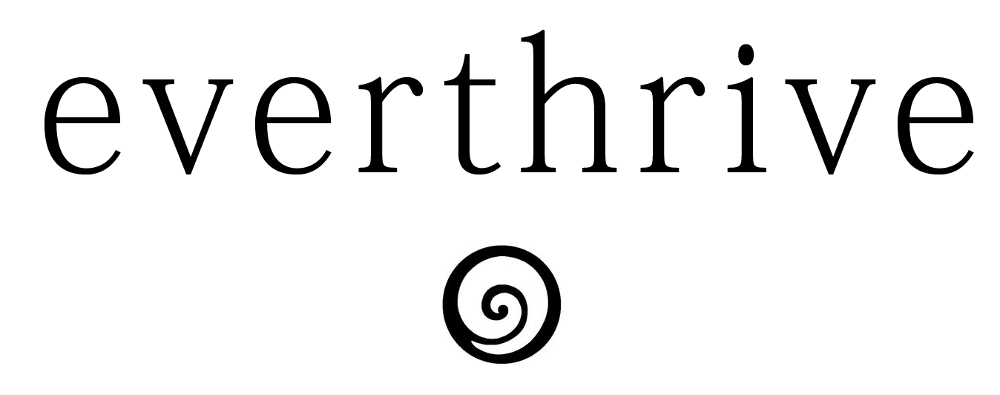Things We Are Never Meant to Know
#ThingsWeAreNeverMeantToKnow was trending on Twitter this month.
This phrase struck a chord in me. It was catchy. It was intriguing. It could very well be a bestseller with a trendy Darren Haggar cover at an airport Barnes & Noble.
#ThingsWeAreNeverMeantToKnow could mean many different things to different people. For many, the phrase could conjure things like “how I was conceived,” or “how many chemicals are leaching from my plastic water bottle into my drinking water,” or “how many people used this shopping cart before me.”
But, for me, #ThingsWeAreNeverMeantToKnow brings up something totally different.
I believe that there are things that we are never meant to know. I think that we need to force ourselves to remain “in the dark” with regards to certain things. No, I don’t believe in ignorance — I don’t think we should choose to remain oblivious in the face of scientific knowledge.
I believe in the practice of protecting ourselves from too much information.
As an aspiring Minimalist, I take measures to filter out unnecessary things from my life. I curate my phone apps to only the essentials. I get rid of one item of clothing for each new item I purchase. I buy only what our family will eat at the store, and I try to stick to one task or hobby at a time, instead of multitasking.
I filter out the essential from the “too much.”
Below are some examples of my sources of “too much.” Maybe you can relate?
I’m often overwhelmed by the internet. I’m not a good “browser” so I have to limit myself to certain sites only. Bookmarks come in handy here.
When visiting a library or a bookstore, I have to focus on finding one book - pre-researched and pre-selected - or else I mentally crumble under the massive weight of the millions of books in front of me.
I can’t go to large grocery stores. There are just too many products! I prefer going to smaller grocery stores where there are only one or two types of ketchup, instead of 21.
When I look up at the night sky, I’m overcome by the fact that each star is the center of its own solar system, and that I’m just a tiny speck of dust on a planet within one of those systems. I can’t cope with the reality that I’m basically inconsequential, so I don’t allow myself drift into existentialist thought too often.
Being the mother of a toddler, I always keep my eye open for things that could ignite a tantrum. Therefore, I try to keep a tidy home and store all the “trigger” items away (computer mice, measuring tape, compelling kitchen tools, phones, and other personal technology.) I also keep my son’s toys and books organized, and only have a small amount available for him.
“Too much” can be mentally and physically damaging.
All day long we encounter data. We are offered more TV channels, more sources of celebrity gossip, and more products promising happiness and everlasting youth than ever before. We are persuaded to “Netflix and Chill” in our downtime. Binge-watching has been normalized. Even Disney tells us it’s OK.
Society says: “You always must be ‘plugged in’.”
To use the language of this digital age, people only have so much bandwidth. When offered too much data, or irrelevant data, our systems can overload resulting in errors. These errors reveal themselves in the form of anxiety, attention deficit disorders, stress, trauma, and a variety of physical ailments. We have to learn how much data we can personally compute, and filter out the rest so that it becomes white noise in the background.
But, how do we know what to ignore?
How can we protect ourselves?
I’ve found that moderation is the key to success. Drastic measures like cutting out TV entirely, placing extreme limits on screen-time, and blocking certain websites can always be reversed. I can’t tell you how many times I’ve deleted and then added the Facebook app to my phone.
Changing our habits with regards to managing digital information is the key to lasting change. Here are some tips!
Place a blocker on your computer’s Facebook feed. The one for Chrome is called Newsfeed Eradicator, and you can find it here. This way you can check Facebook, but not be devoured by the bottomless pit that is the Newsfeed. Alternatively, you can bookmark your “pages feed” to show only the pages and groups you follow, bypassing your Newsfeed altogether.
Unfollow people and pages that don’t serve you. In the natural world, people and acquaintances come into our lives for a reason, and leave in the same way. We are never meant to know what our friends are doing all the time. By unfollowing, we can protect ourselves from the danger of comparison; additionally, we can also conserve energy wasted on things that we were never meant to know, such as “what route did John take for his morning jog yesterday?” This frees up mental capacity to use for the things that matter most.
Unsubscribe from email lists. You can usually do this from your email client. I’m “old-school” and use Hotmail where it’s easy to filter out unnecessary subscriptions.
Avoid unnecessary sources of celebrity news and gossip. We are never meant to know what Chrissy Teigan is cooking. She’s great, and her kids are super cute, but we shouldn’t have to create a spot in our brains to log her family’s activities, although she wants you to.
Place realistic limits on social media time. This can be tough if your job requires a social media presence. My current conundrum is Instagram. Instagram Stories offer a big distraction to users, since it isn’t necessary to toggle or scroll to the next story. They just keep on going! Is there a way to block the steady stream of stories? If you know the answer, please share in the comments.
There really are #ThingsWeAreNeverMeantToKnow. Aside from how many microscopic organisms are living in our living room carpets, there are other intangible things we don’t need to be aware of. Too much unnecessary data consumption can disrupt our lives, steer us away from our goals, and make life harder. When we practice self control, moderation, and cultivate good habits around data consumption, we can more easily live our lives and achieve our goals.

